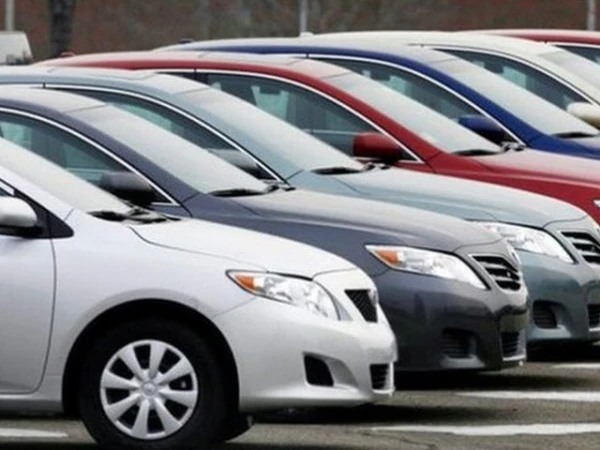Islamabad, Mar 30, 2025: The liberalization of Pakistan’s automotive industry under the International Monetary Fund’s (IMF) economic reforms has sparked concerns among key stakeholders, as reported by industry representatives on Saturday.
As per the IMF’s restructuring framework, the government aims to enhance market competition by reducing import tariffs by up to 42% over the next five years.
This measure is expected to lower the weighted average tariff from the current 10.6% to approximately 6%.
Industry experts fear that the reduction in tariffs on automobile imports will be implemented in two phases, first decreasing to 7.4% and eventually settling at 6% with a maximum cap of 20%.
Additionally, the elimination of additional customs duty (ADC) and regulatory duty (RD), as per the agreement with the IMF, raises further apprehension among local manufacturers.
Read More: Honda Pakistan First-Ever CBU Exports of 40 Units to Japan
Director-General of the Pakistan Automotive Manufacturers Association (PAMA), Abdul Waheed Khan, stated that he had approached the Ministry of Industries and Production for clarity regarding the agreement’s specifics to mitigate investor concerns.
However, no official response has been provided yet.
PAMA represents major vehicle assemblers across the country.
The reported substantial tariff reductions have raised alarm among industry stakeholders due to their potential impact on the domestic market. Mr. Waheed emphasized that the automotive sector, developed over the last four decades through persistent efforts, could face severe setbacks due to these sudden policy changes.
Read More: Honda Pakistan First-Ever CBU Exports of 40 Units to Japan
Mashood Ali Khan, an auto parts manufacturer and exporter, expressed concerns that IMF-led tariff uniformity might hinder localization efforts for new vehicle models, reversing progress achieved in the sector.
He cautioned that without a well-structured policy framework, tariff adjustments could stifle industrial growth instead of fostering it.
He acknowledged that IMF loans are essential for addressing fiscal deficits and ensuring timely repayments.
However, he urged policymakers to prioritize industrial development over policies that could potentially widen the trade deficit.
Historically, government policies influenced by the IMF have not significantly contributed to industry growth.
Instead, they have weakened the economy by neglecting the creation of a sustainable and business-friendly environment, Mr. Mashood observed.
He stressed that sustainable revenue generation depends on a strong industrial base that fosters employment.
Over-reliance on imports could transform Pakistan into a trading economy, leading to job losses and financial instability.
Pakistan cannot afford another policy shift that increases dependence on imported goods.
The government must implement an export-driven strategy that actively engages local manufacturers, including small and medium enterprises (SMEs), to enhance transparency and confidence in industrial policies.
A stable, long-term industrial strategy is crucial for economic resilience, Mr. Mashood concluded.
Meanwhile, Pakistan’s automobile sales, including cars, light commercial vehicles, pickups, and vans, surged by 50% to 89,770 units in the first eight months of FY25, compared to 59,700 units in the previous year.
Sales are projected to remain strong until the new FY26 budget, driven by improved financing conditions, declining interest rates, and new model launches.
